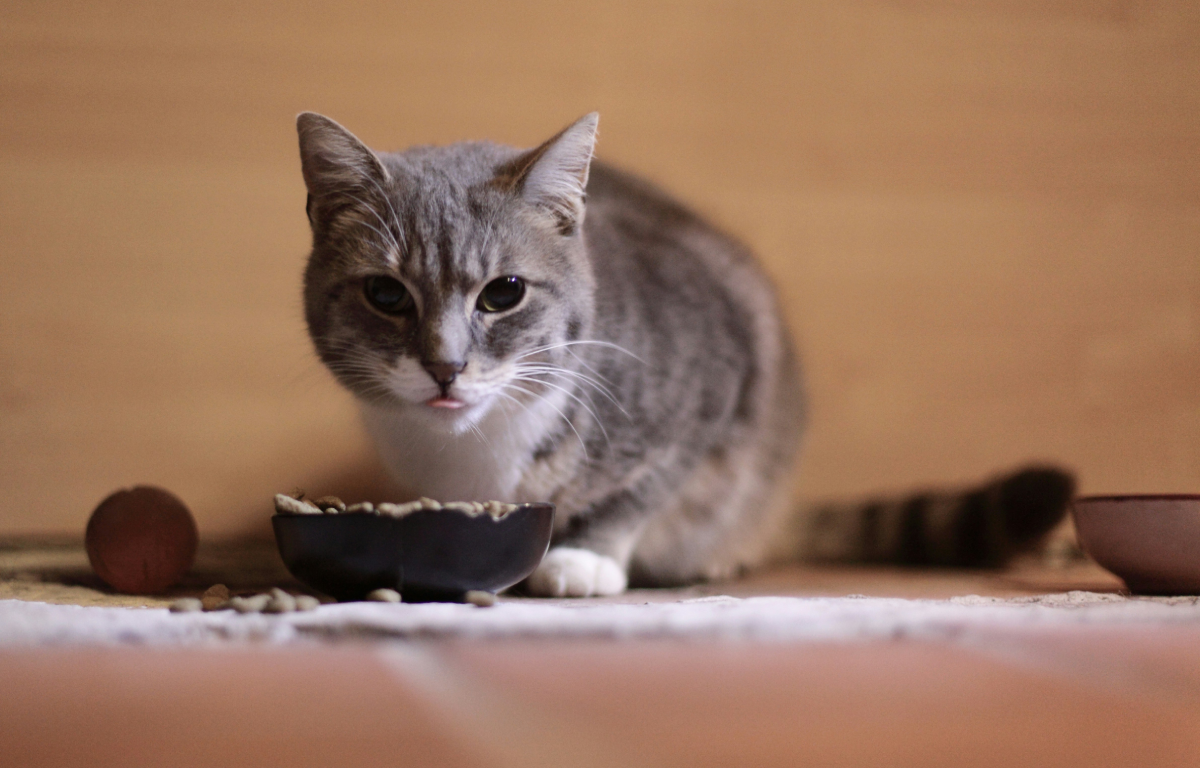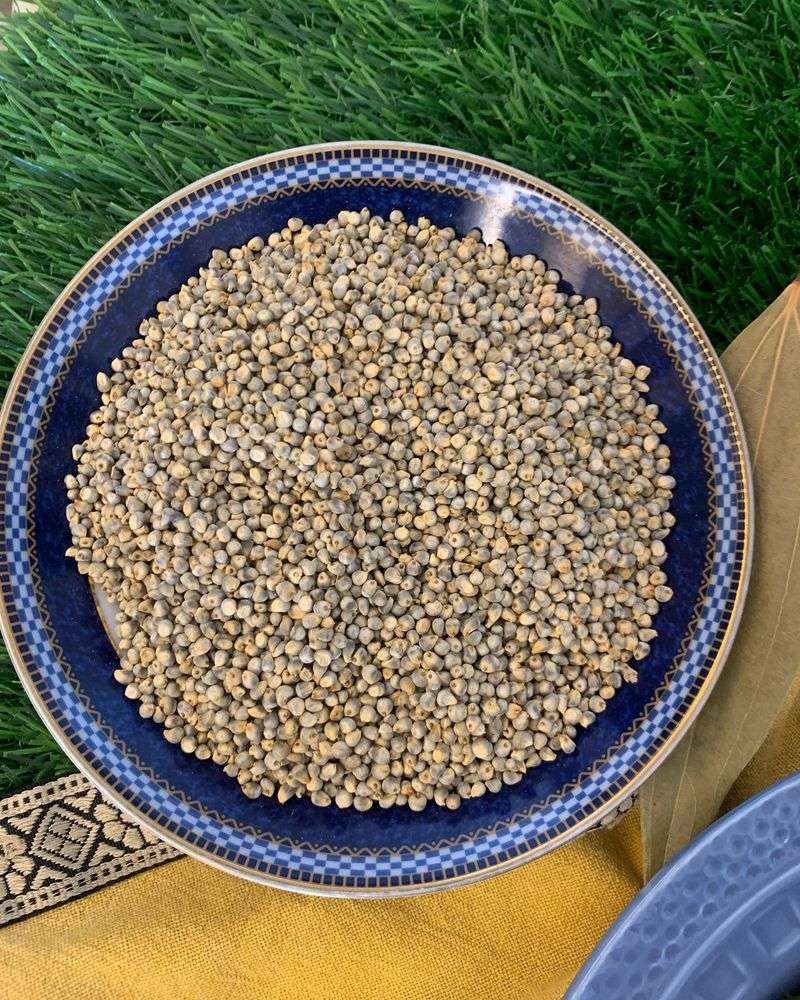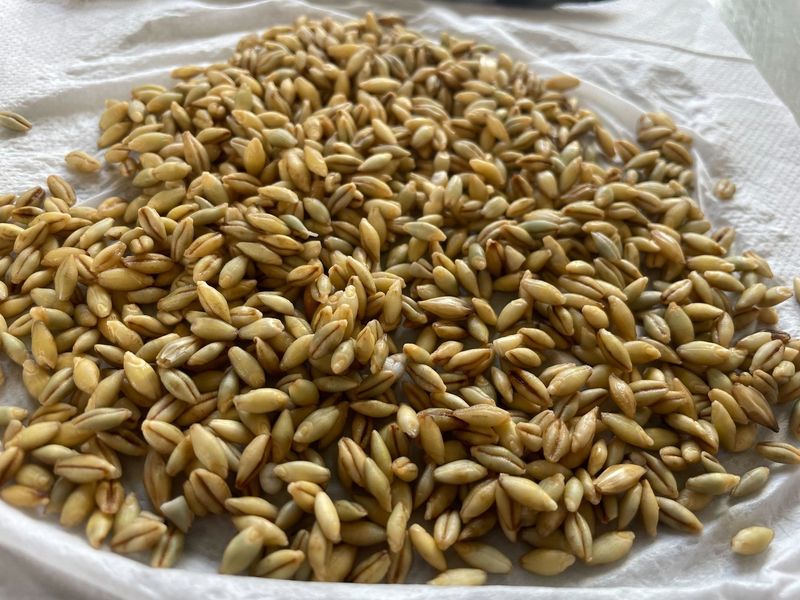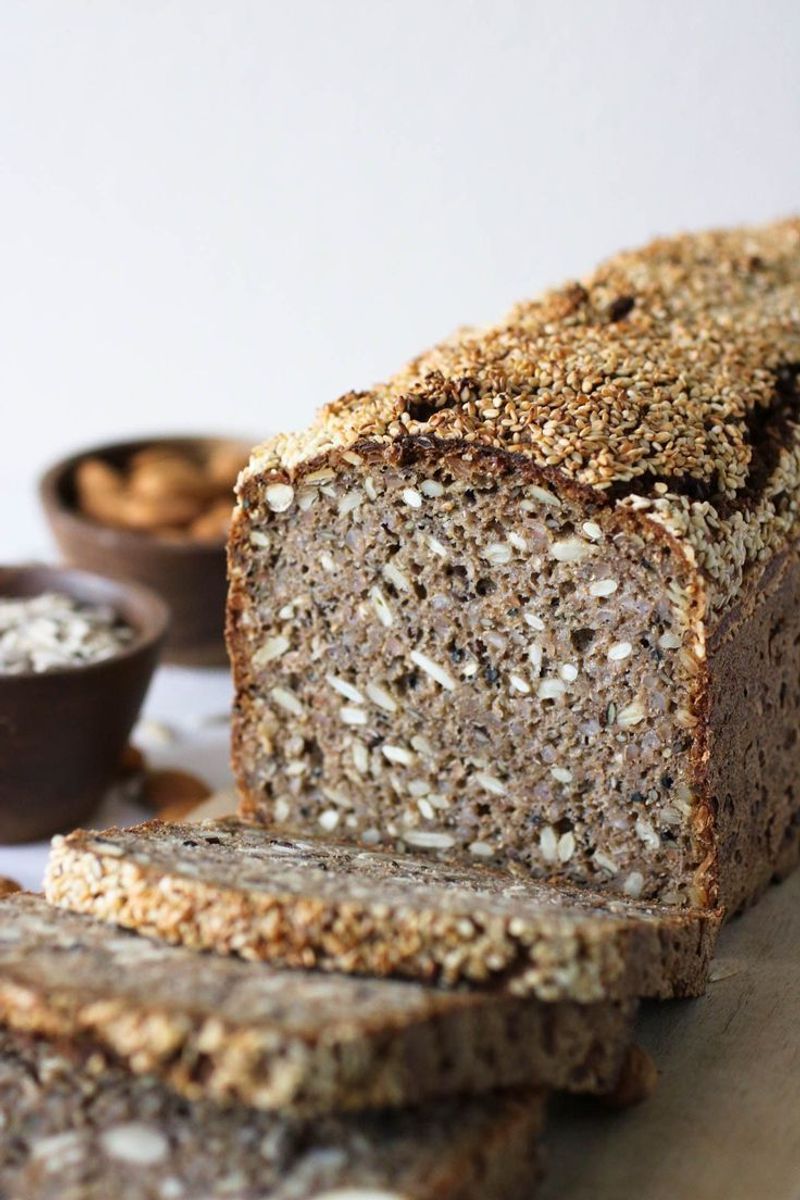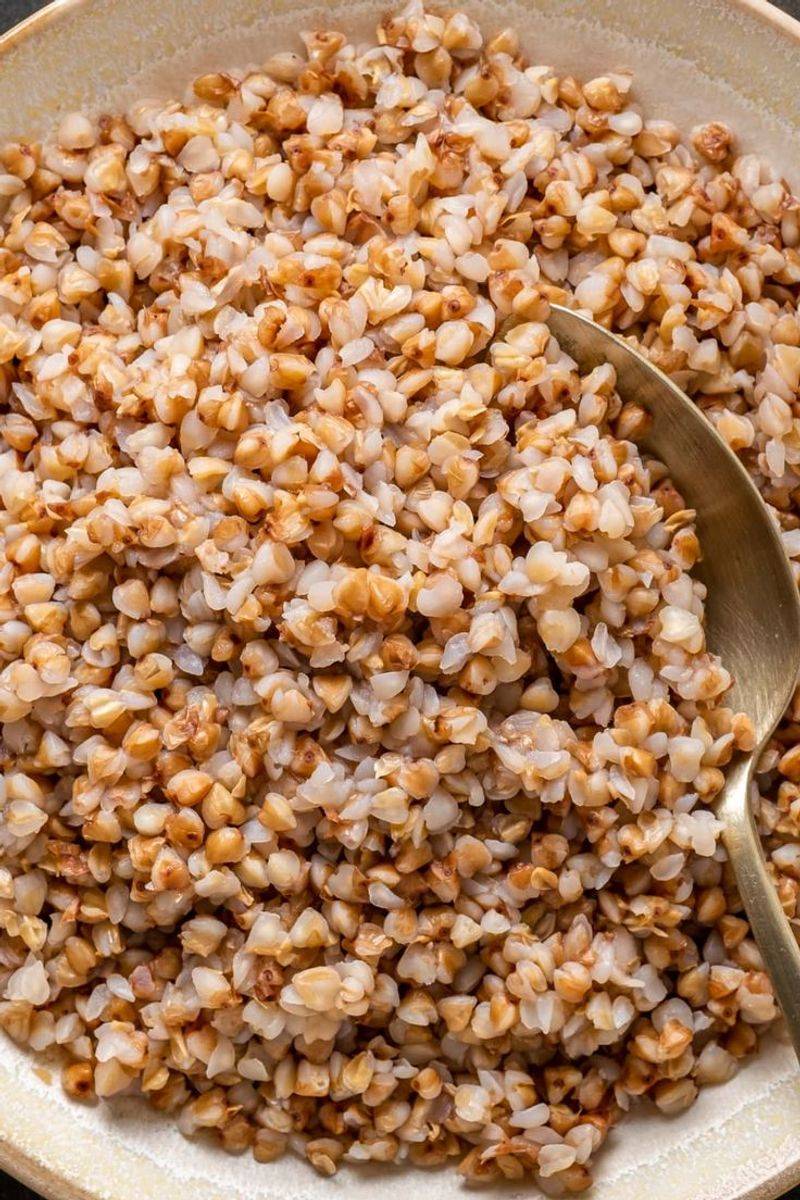📖 Table of Content:
Cats are obligate carnivores, meaning their bodies are designed primarily for meat consumption. However, some grains can be safely incorporated into their diet in small amounts, while others might cause digestive issues.
Understanding which grains are safe for your feline friend can help you make better choices when selecting cat food or offering occasional treats. This knowledge becomes especially important considering how many commercial cat foods contain grain ingredients.
1. Rice
Plain cooked white rice ranks among the most stomach-friendly grains for cats. Its bland nature and easy digestibility make it an excellent option when your cat experiences a minor digestive upset. Veterinarians often recommend small amounts of rice mixed with boiled chicken as a temporary diet for cats recovering from stomach issues.
Always serve rice plain—no butter, salt, or seasonings that could harm your furry friend. The simple carbohydrates provide quick energy, while the low fiber content won’t irritate sensitive digestive systems. Remember that rice should only complement your cat’s diet, not replace protein-rich foods essential for feline health.
2. Oats
Cooked oatmeal offers cats a nutritional boost packed with B vitamins, fiber, and essential minerals. Unlike processed grains, plain oats are minimally processed and contain beneficial nutrients that support overall health. Many cats enjoy the soft, warm texture of well-cooked oatmeal as an occasional treat.
Preparation matters significantly when feeding oats to your cat. Always cook them thoroughly in water (never milk) and serve without sugar, honey, or flavoring additives. The fiber in oats can help with hairball control and promote digestive regularity.
Just a teaspoon or two occasionally is plenty for most cats—moderation remains key.
3. Corn
Surprised to see corn on the ‘digestible’ list? While controversial among some pet owners, properly processed corn appears in many commercial cat foods for good reason. When ground and cooked thoroughly, corn becomes more digestible for feline digestive systems and provides carbohydrates, protein, and essential fatty acids.
Cats can handle small amounts of cooked corn kernels or polenta as an occasional treat. Fresh corn off the cob (never the cob itself) can be offered sparingly.
The key lies in moderation—corn should never become a dietary staple for your carnivorous companion. Many cats with sensitive stomachs do fine with corn, while others may show signs of food intolerance.
4. Millet
Millet stands out as one of the most ancient grains and offers remarkable digestibility for cats. These tiny yellow seeds contain essential amino acids, antioxidants, and minerals that can complement your cat’s primarily protein-based diet. Unlike larger, harder grains, millet’s small size and soft texture after cooking make it gentler on feline digestive systems.
When preparing millet for your cat, cook it thoroughly until soft and fluffy. The mild flavor rarely triggers food aversions in picky eaters.
Some holistic veterinarians recommend small amounts of cooked millet for cats with certain digestive sensitivities. As with all grains, moderation remains crucial—a teaspoon mixed with regular food occasionally is sufficient.
5. Quinoa
Technically a seed but commonly classified as a grain, quinoa offers cats a rare plant-based complete protein containing all essential amino acids. This ancient Andean staple provides more protein than traditional grains—an appealing quality for carnivorous cats. Its high digestibility when properly cooked makes it one of the better grain options for feline consumption.
Always rinse quinoa thoroughly before cooking to remove saponins, natural compounds that can cause digestive upset. Serve plain, fully cooked quinoa without oils, herbs, or seasonings.
The gentle, slightly nutty flavor appeals to some cats, while others may need time to adjust. Limit portions to a small teaspoon occasionally, mixed with regular food for optimal digestion.
6. Upsetting: Wheat
Wheat tops the list of problematic grains for many cats, often triggering allergic reactions and digestive discomfort. The gluten protein in wheat can cause inflammation in sensitive cats, leading to itchy skin, excessive grooming, digestive upset, and even chronic ear infections. Many commercial cat foods now advertise “wheat-free” formulations for good reason.
Even cats without full-blown allergies may struggle to digest wheat properly. Their digestive systems simply aren’t designed to process this grain efficiently.
Watch for symptoms like vomiting, diarrhea, or increased scratching after consuming wheat-containing foods. If your cat shows these signs, consider eliminating wheat from their diet entirely and consult your veterinarian about possible food sensitivities.
7. Upsetting: Barley
Despite its nutritional benefits for humans, barley presents significant challenges for feline digestive systems. The tough outer hull and dense structure make barley particularly difficult for cats to break down efficiently. Even when cooked, this hearty grain often passes through a cat’s system without proper digestion.
Barley contains high levels of fiber, much more than a cat’s carnivorous system is designed to handle. This excess fiber can cause bloating, gas, and uncomfortable digestive distress. Some cats develop loose stools or constipation after consuming barley-containing foods.
If your cat food lists barley among its ingredients and your pet experiences digestive issues, consider transitioning to a barley-free formula better suited to feline digestive capabilities.
8. Upsetting: Rye
Rye presents multiple challenges for feline digestive health. This dark grain contains complex carbohydrates and specific proteins that cats struggle to process efficiently. Many cats experience uncomfortable bloating, excessive gas, and irregular bowel movements after consuming even small amounts of rye-containing foods.
Beyond digestive difficulties, rye contains certain compounds that may trigger inflammatory responses in sensitive cats. Watch for symptoms like increased scratching, coat changes, or digestive upset if your cat consumes rye.
Commercial cat foods rarely include rye as a primary ingredient for these very reasons. If your cat shows sensitivity to grains, rye should definitely be avoided entirely in favor of more feline-friendly options.
9. Upsetting: Buckwheat
Despite its name, buckwheat isn’t actually wheat—it’s a seed related to rhubarb. However, this doesn’t make it suitable for feline consumption. Buckwheat’s complex structure contains compounds that many cats struggle to digest properly, potentially leading to uncomfortable gastrointestinal symptoms like vomiting or diarrhea.
The distinctive flavor of buckwheat tends to repel most cats naturally—a helpful warning sign from nature. This pseudocereal contains fagopyrin, a substance that can cause photosensitivity in some animals.
While rare in cats, buckwheat sensitivity can manifest as digestive upset or skin irritation. Given the availability of more suitable grain options, there’s little reason to include buckwheat in your cat’s diet when better alternatives exist.
